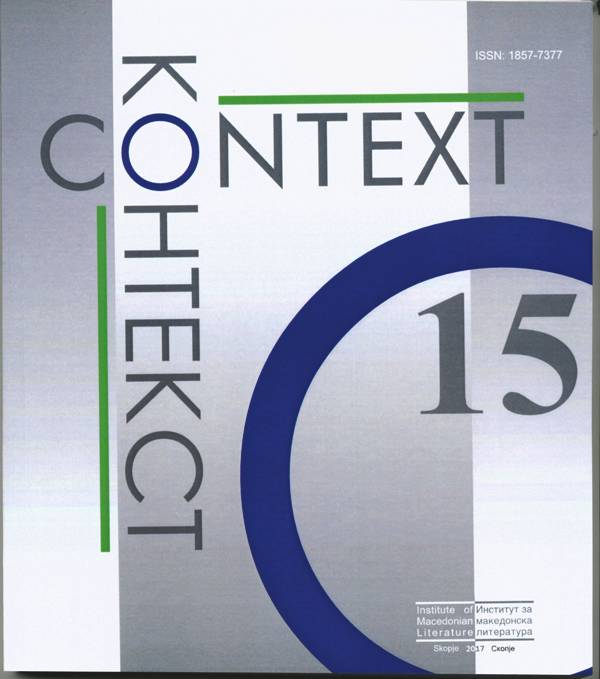Преведувањето, етиката и човековите права во светлината на азилните постапки
Translation, Ethics and Human Rights in Lihght of the Asylum Procedures
Author(s): Natalija OrlićSubject(s): Human Rights and Humanitarian Law, Ethics / Practical Philosophy, Social differentiation
Published by: Институт за македонска литература
Keywords: ethics; translation; law; legal norms; asylum; fundamental human rights; translation practice
Summary/Abstract: The intensified migrations and the pressure of asylum procedures in today's reality raise the question of translators being the primary instrument of the Geneva Convention on the fundamental human rights and the sole instrument which can ensure adequate communication. The asylum procedure as a legal procedure with invariable and overarching consequences is closely related to ethics, morality and responsibility. The social understanding of translation, the specifics of the asylum procedures, the opportunities for translatological training in the languages used in the asylum procedures create the framework through which the ethical norms and the specific translational ethics in these procedures are perceived and understood. This paper examines the state of affairs in terms of translation in the asylum procedures in the Repiblic of Slovenia from a theoretical point of view and in terms of practice. On the one hand, the focus is on translation into Macedonian with all the social and cultural features, and on the other, translation into other relevant languages (Arabic, Farsi, Turkish). The specific experiences of the stakeholders in the asylum procedure are used to examine the extent to which the ethical standards and specific guidelines prescribed can indeed be observed. Who can be named a translator and whether anybody who is relatively fluent in two languages can be a translator is the issue which generally constitutes the discrepancy between theory and practice. The question of ethics is lost in the current social reality and in the structure of the asylum procedures even though ethical codes require a different approach given the fact that fundamental human rights constitute an invariable part of ethics, the foundation of humanist society and our civilization.
Journal: Context/Контекст
- Issue Year: 2017
- Issue No: 15
- Page Range: 169-200
- Page Count: 32
- Language: Macedonian

